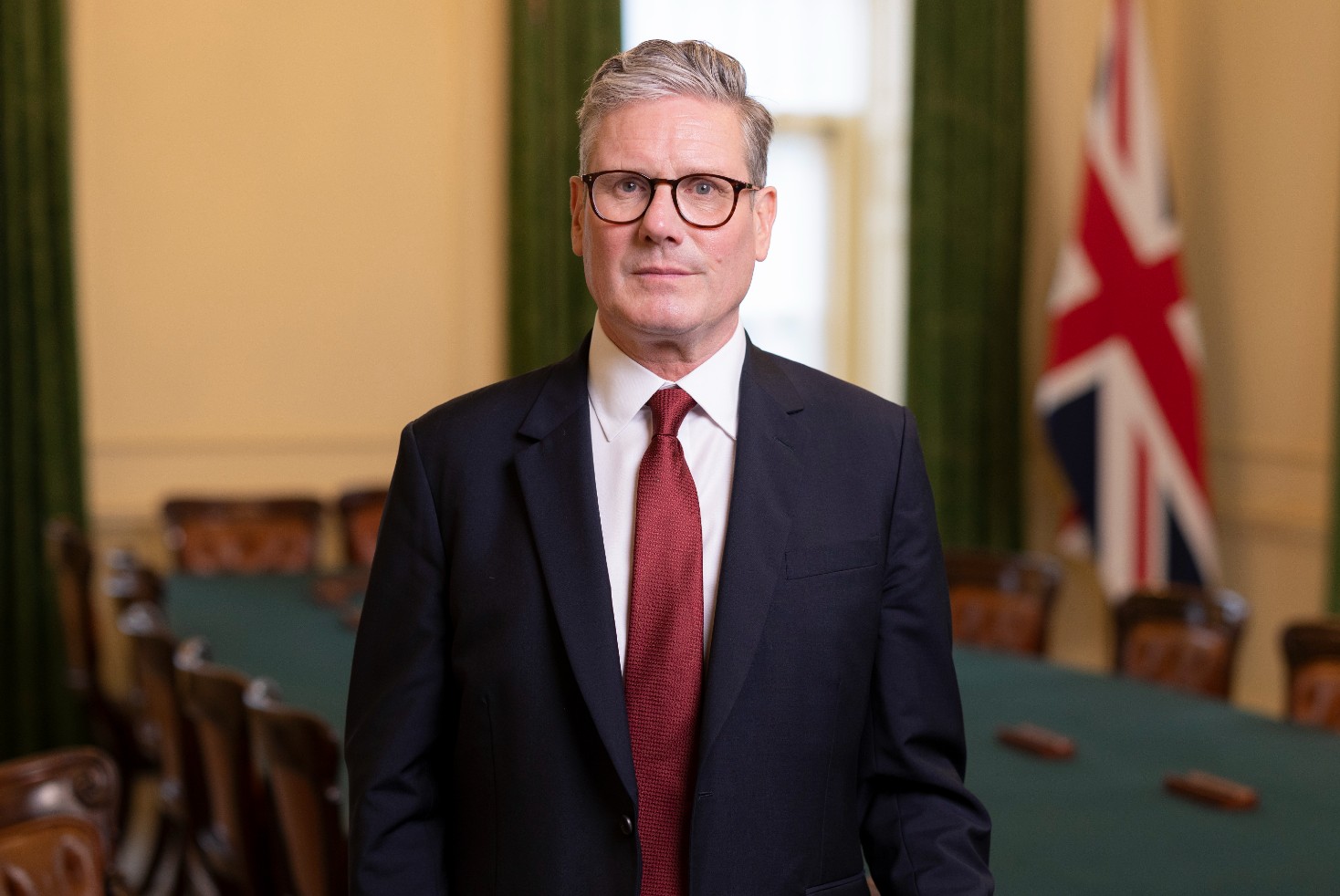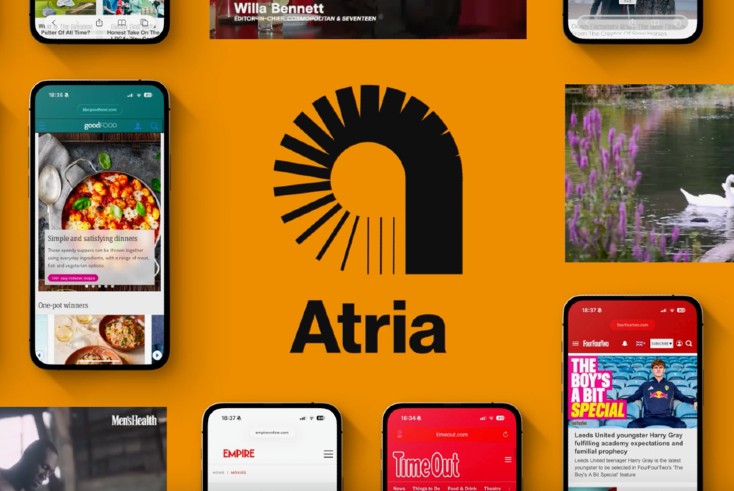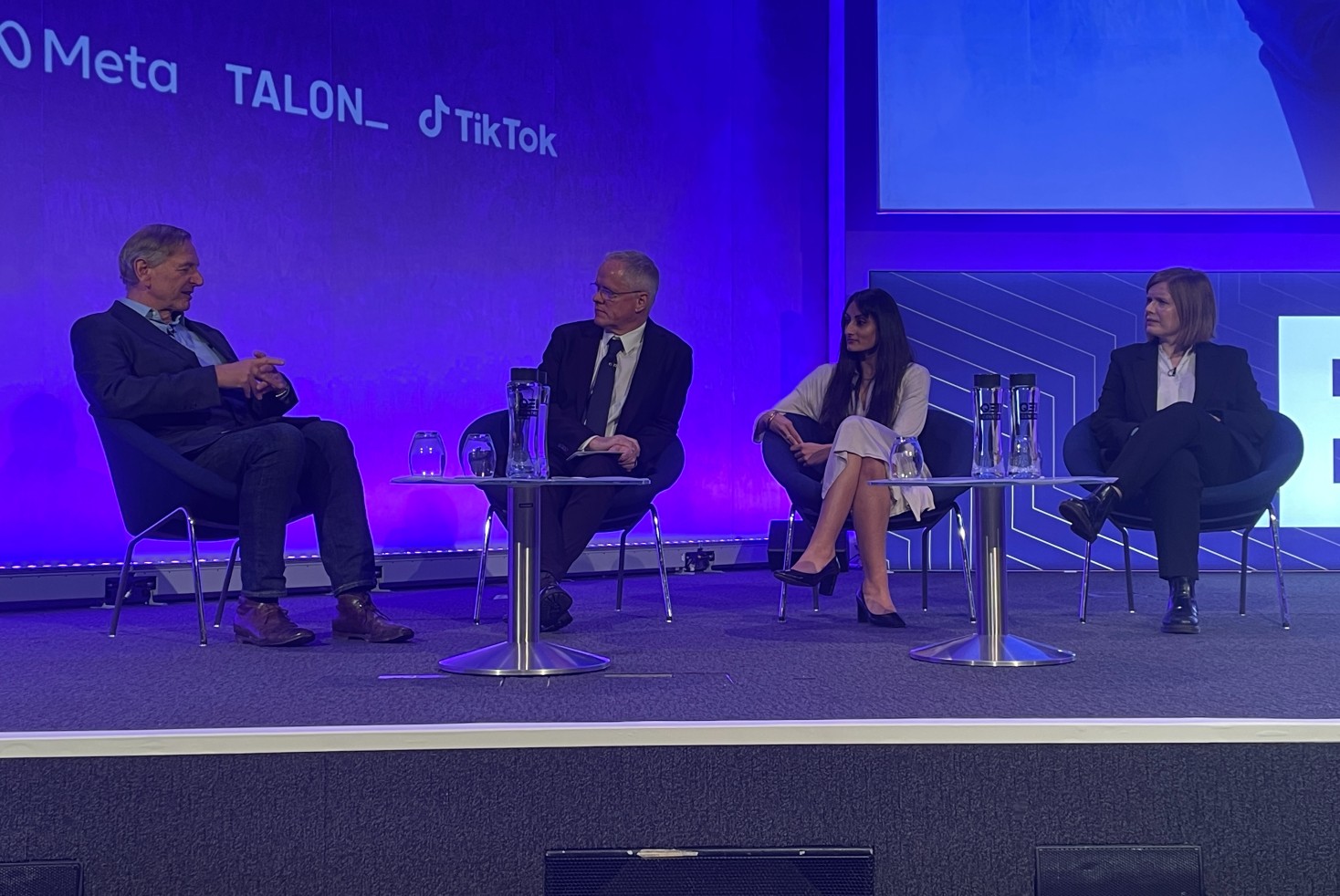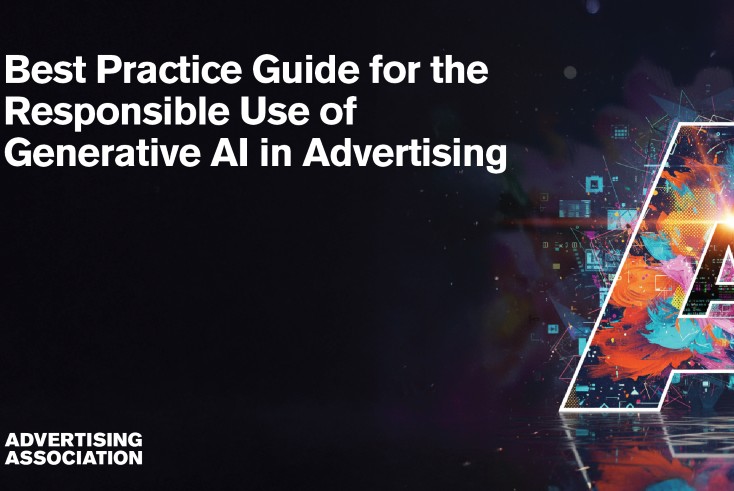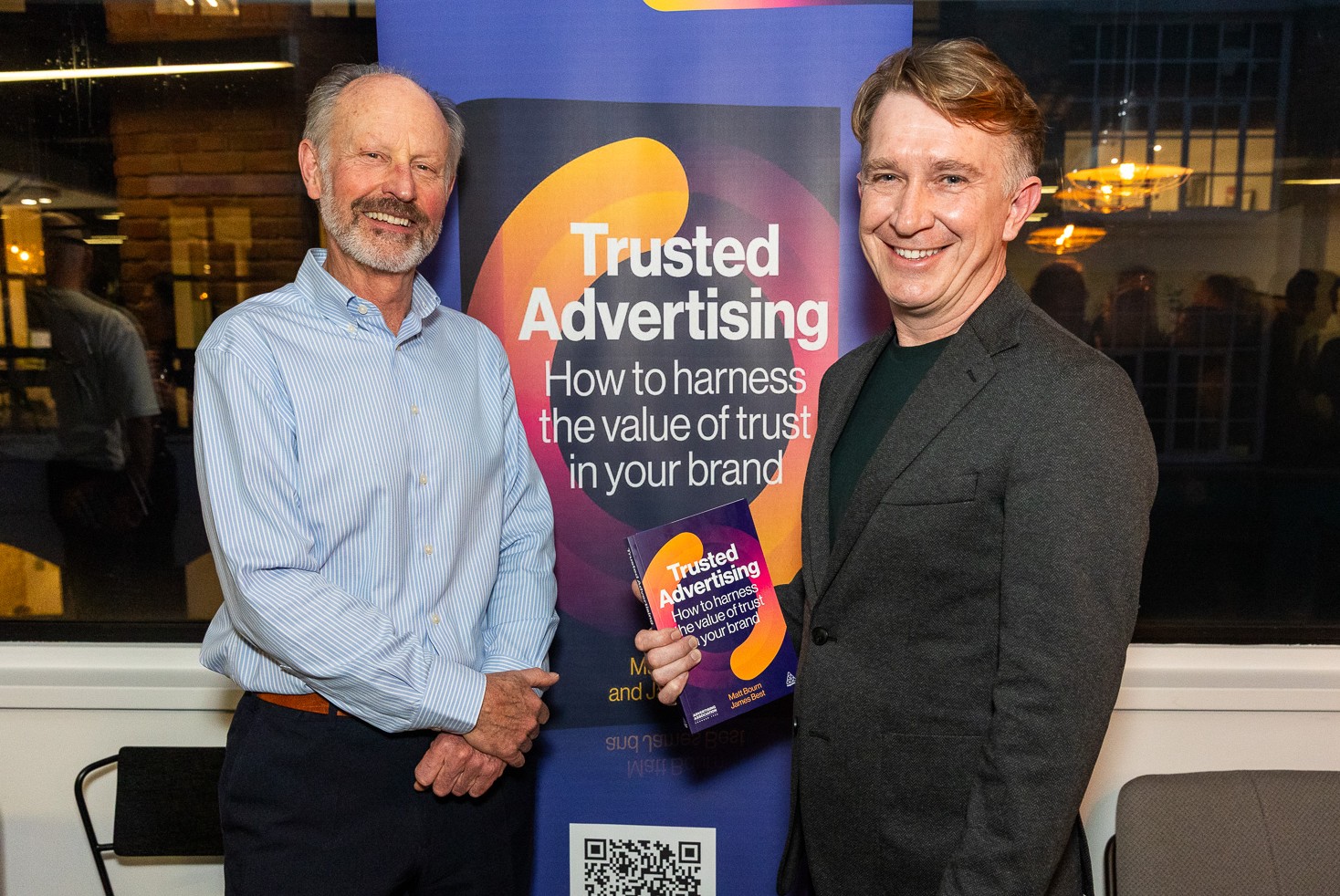Advertising that significantly increases brand trust is highly effective at driving business growth and brand uplifts.
The guidance includes advice for marketers on strategic considerations, transparency requirements to help validate value and effectiveness of proprietary media, contractual terms, and internal governance structures in relation to the practice.
At The Year Ahead event in London earlier this month, The Media Leader’s content director James Longhurst and senior reporter Jack Benjamin parsed through the key themes of 2025 and open questions for 2026, with input from industry leaders.
The group, convened by non-profit Inside track, has released a memo warning that the industry is failing in its moral duty to society by funding hate, paying lip service to sustainability, and rolling over in the face of anti-DEI rhetoric.
In response to widespread backlash against xAI’s chatbot Grok creating and disseminating nude and lewd images of people on X, the platform has said it has “implemented technological measures” aimed at preventing users from utilising Grok to “[edit] images of real people in revealing clothing such as bikinis”. Whether the changes are effective is another matter.
Social media may be attractive, cheaper and addictive but Media Pulse’s Deborah Gurofsky asks is it memorable?
If Meta can meet the IAB’s Gold Standard Certification whilst, as Reuters reported, the platform generated $16bn in ad revenue from scams and banned goods, then what is the role of the standard?
Outgoing and incoming Isba directors general Phil Smith and Simon Michaelides speak about the next stages of Origin, loss of trust between agencies and clients, challenges facing CMOs, and whether there should be an Isba for small businesses.
At last month’s Future of Media London event, Rak Patel, Kelly Williams and Brett Aumuller called for advertisers to reduce their spend on Meta by 30% and reinvest that budget into ‘trusted’ media.
Analysis: The deal will raise competition concerns as it reshapes a flagging newspaper industry.
As publishers seek more direct revenue, CMOs shared what drives success in brand partnerships in a new report from World Media Group.






